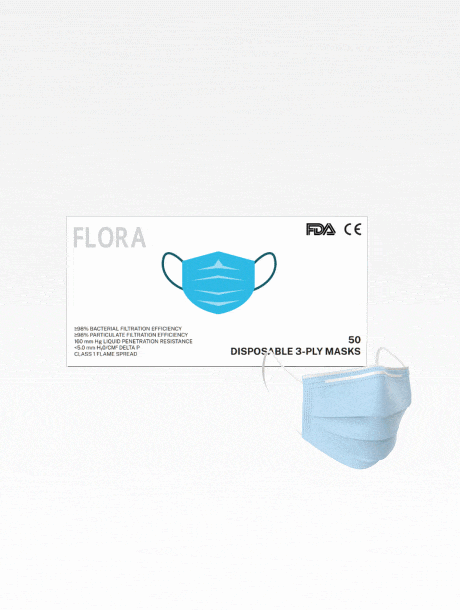The World Health Organization has issued a new recommendation regarding dental offices, and it doesn't bode well for the dental profession this year.
Unless you're in need of an urgent root canal, the WHO is recommending that people stay away from dentists for the time being, given the amount of risk involved with dental cleanings for coronavirus transmission.
#Ad
"[Dentists'] procedures involve face-to-face communication and frequent exposure to saliva, blood, and other body fluids and handling sharp instruments,” the new guidance says. “Consequently, they are at high risk of being infected with SARS-CoV-2 or passing the infection to patients.”
The guidance further suggests that aerosol-generating procedures (AGPs), which include cleanings with ultrasonic scalers and work with high or low-speed hand-pieces, present particular danger for virus spread.
Consequently, all preventive care, checkups, aesthetic procedures, and cleanings ought to be postponed, the WHO says. "However, urgent or emergency oral health care interventions that are vital for preserving a person's oral functioning, managing severe pain or securing quality of life should be provided," they say. Still, anyone seeking urgent dental care ought to be pre-screened through a video call.
As Science Alert reports, the WHO's dental chief Benoit Varenne further advised that any treatments of progressive oral disease be done with minimal use of AGPs, and he further voiced concern about the availability of protective equipment for dental professionals.
On the other side of this is Dr. Alan Gluskin D.D.S., the president of the American Association of Endodontists, who this week told KCBS Radio that there's no reason to delay routine check-ups and cleanings, assuring everyone that dental offices are very clean — especially in the early morning. Also, anecdotally, we know that many dentists in San Francisco are requiring rapid COVID tests or proof of COVID testing before seeing a patient.
""You should notice when you visit your dentist, that they’re wearing gloves, that when the gloves are off they are washing their hands, they’re wiping down surfaces in the office continually, that there are very few magazines, if any, out now," Gluskin told KCBS. "And when you’re in the chair, you should feel comfortable, that everybody is protecting themselves in meaningful ways for you, the patient."
As Kaiser Health News reported two weeks ago, employment at dental offices in California fell by 60 percent between February and April, representing a loss of 85,000 jobs.
Much like other industries that have had to shut down or limit operations, this looks to be another where health experts and those in the industry are going to engage in battles for public opinion — with one side hoping to save lives at all costs, and the other hoping to save jobs and livelihoods.
Photo: Quang Tri Nguyen


